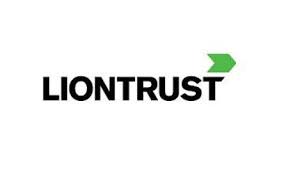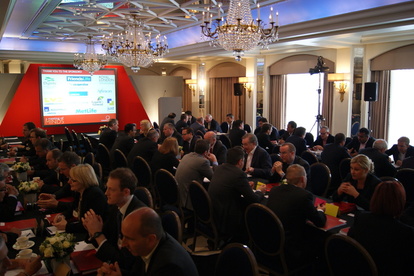Client demand for ethical investing is growing, however many barriers remain in place, but as a rapid increase in clients seeking products in alignment with their value system, means that it is essential that this is viewed as a key strategy by the wealth industry.
Issues and challenges:
- Traditionally ethical investing involved excluding companies from certain industries and returns usually
Under-performed the market - some of these perceptions still persist in the market - Nowadays, the definition of ethical investment is much broader and involves robust due diligence, which can even lead to higher returns.
- Confusion between different forms and definitions of ethical investing persist, however this can be avoided by discussing characteristics with clients
- Client demand is growing and for too long the industry has shied away from addressing the question of governance.
- Ethical investing is not a new term for investors anymore, yet much confusion persists in how it should be
defined. In the past, the term ‘ethical investing’ was very much associated with the negative connotations. This is because it traditionally involved screening out companies and industries labelled as “negative” such as tobacco or weapon industries. - The word “negative” was not only used when excluding industries, but also when discussing return. Ethical funds used to underperform the market and were seen as a form of financial “sacrifice” in exchange for values.
- Experts from Liontrust admitted that some clients still view ethical investing through this lens. However, they argued that contrary to past perceptions, their fund has outperformed the market. This is due to the focus on robust due diligence - next to ethical principles, other factors such as the viability of the business model and quality of its management are screened. The robust due diligence helps them to select investments that are more likely to be successful in the long run.
- The experts admitted that the necessary due diligence is more expensive, but ascertained that despite this, their fund is competitively priced when compared to other actively managed funds. The expert also returned the question to the audience and asked if they believe that a fossil fuel or a renewable energy company is more likely to dominate the market in the future.
- Further, the experts argued that for long the industry shied away from addressing the questions of governance: “We are very good at managing money, but when it comes to governance, we just say that it is too complicated”.
- Whereas, nowadays the expert asserted, talking about ethical investing is like “knocking on an open door” as many clients are demanding investment products aligned with their values. The most visible demand is seen coming from younger clients and European clients, especially from the Netherlands and Scandinavian countries.
- One participant questioned the true size of client demand for ethical investing products. Instead, he suggested that it is more the case of the relationship manager having to raise the subject. This can get very tricky to do without indicating any moral judgement as nobody wants to be labelled as “unethical” and “not caring”.
- A way to avoid discussion about what is “ethical” is to “get away from buzz words and talk about themes”. It is much easier to talk about waste reduction or renewable energy than ethical proposition. In this way any moral judgement is avoided and relationship managers can explore if the client is passionate about any of these topics.
- Talking about specific topics or investment themes also helps to avoid the maze of different ethical, impact or sustainability definitions and rather the relationship manager can focus on explaining what due diligence is applied and what principles are used when selecting investments.
Conclusion and solutions:
It is clear that client demand is growing, but many barriers still persist. However, the industry cannot ignore the trends and needs to be able to address client demand. As one participant noted: “People do care about their investments and for too long the investment industry pretended that every company is equal.”
Expert: Peter Michaelis Liontrust 
Facilitator: Annie Catchpole


